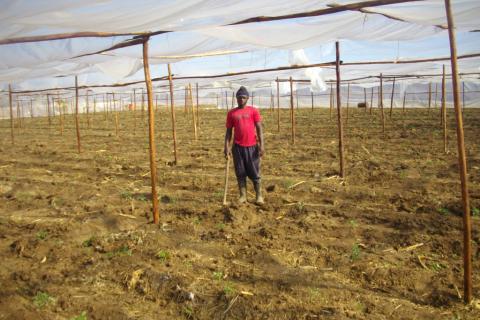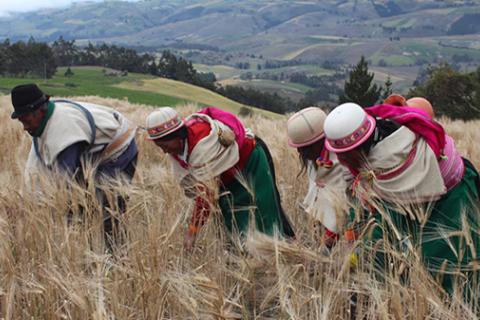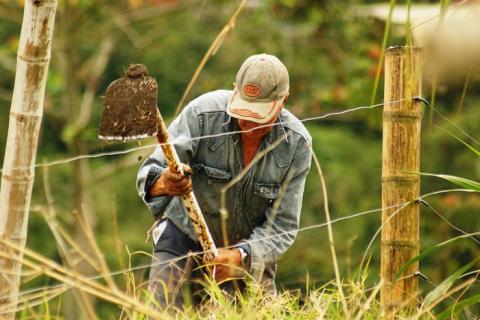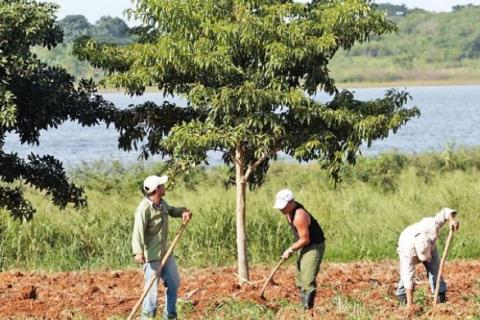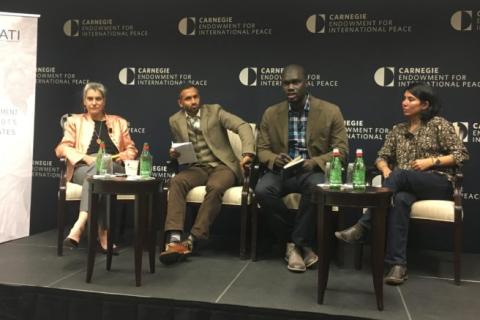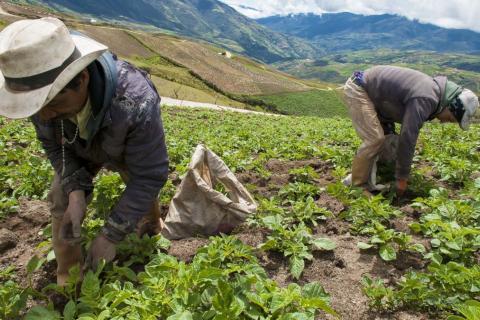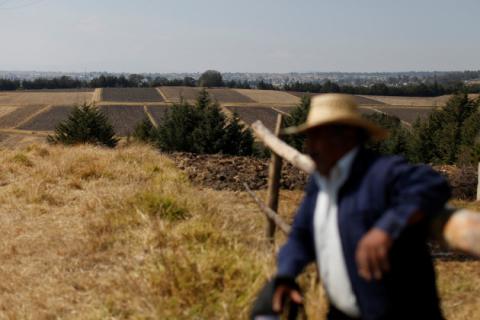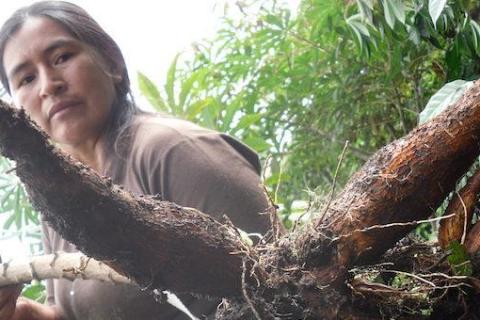Land and compensation in Zimbabwe: frequently asked questions
The debate about compensation of former white farmers in Zimbabwe continues to rage. The compensation agreement signed in July agreed a total amount of US$3.5 billion to pay for ‘improvements’ to the land that was expropriated. After 20 years of discussion, this was a major step forward. However, there seem to be multiple positions on the agreement and little consensus, along with much misunderstanding. However, some things are happening, and a joint resource mobilisation committee has been established with technical support from the World Bank and others.

